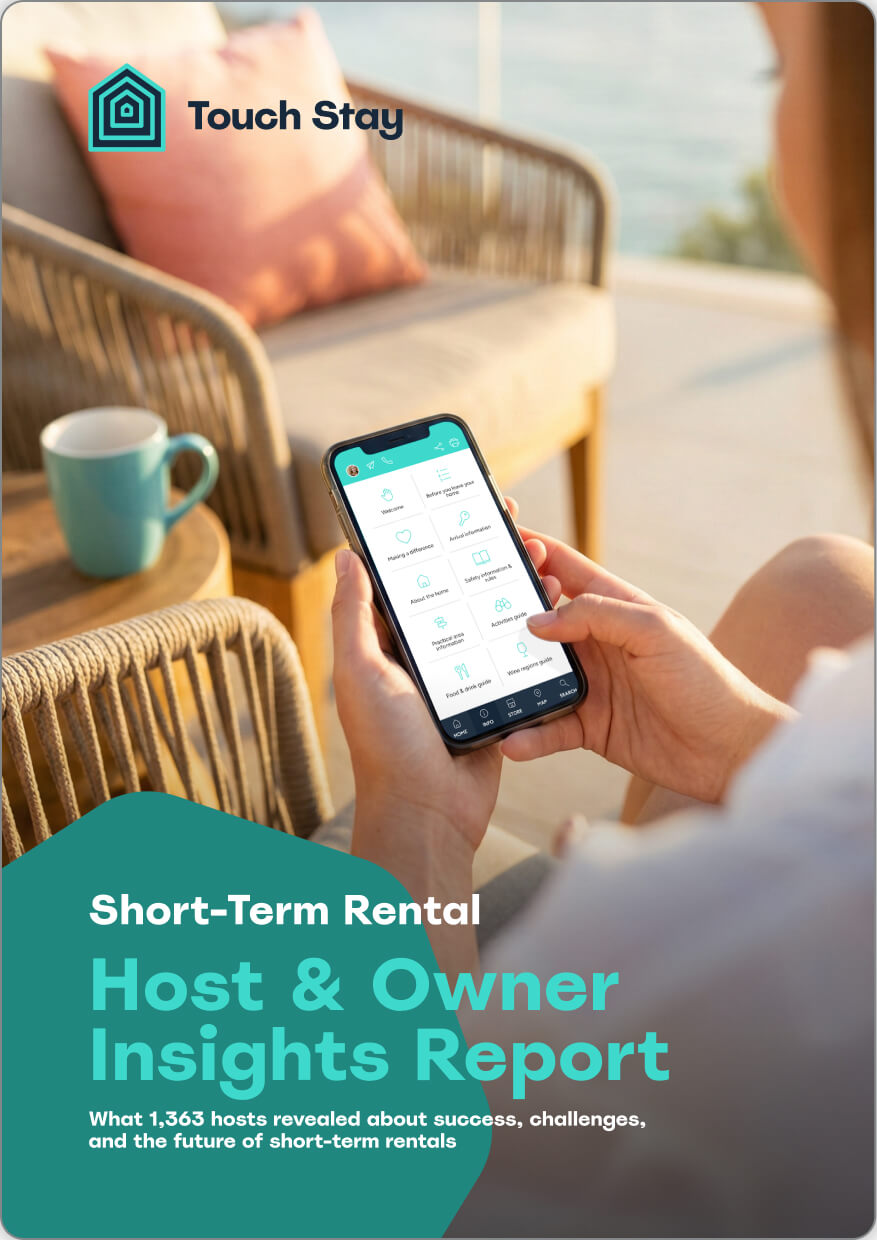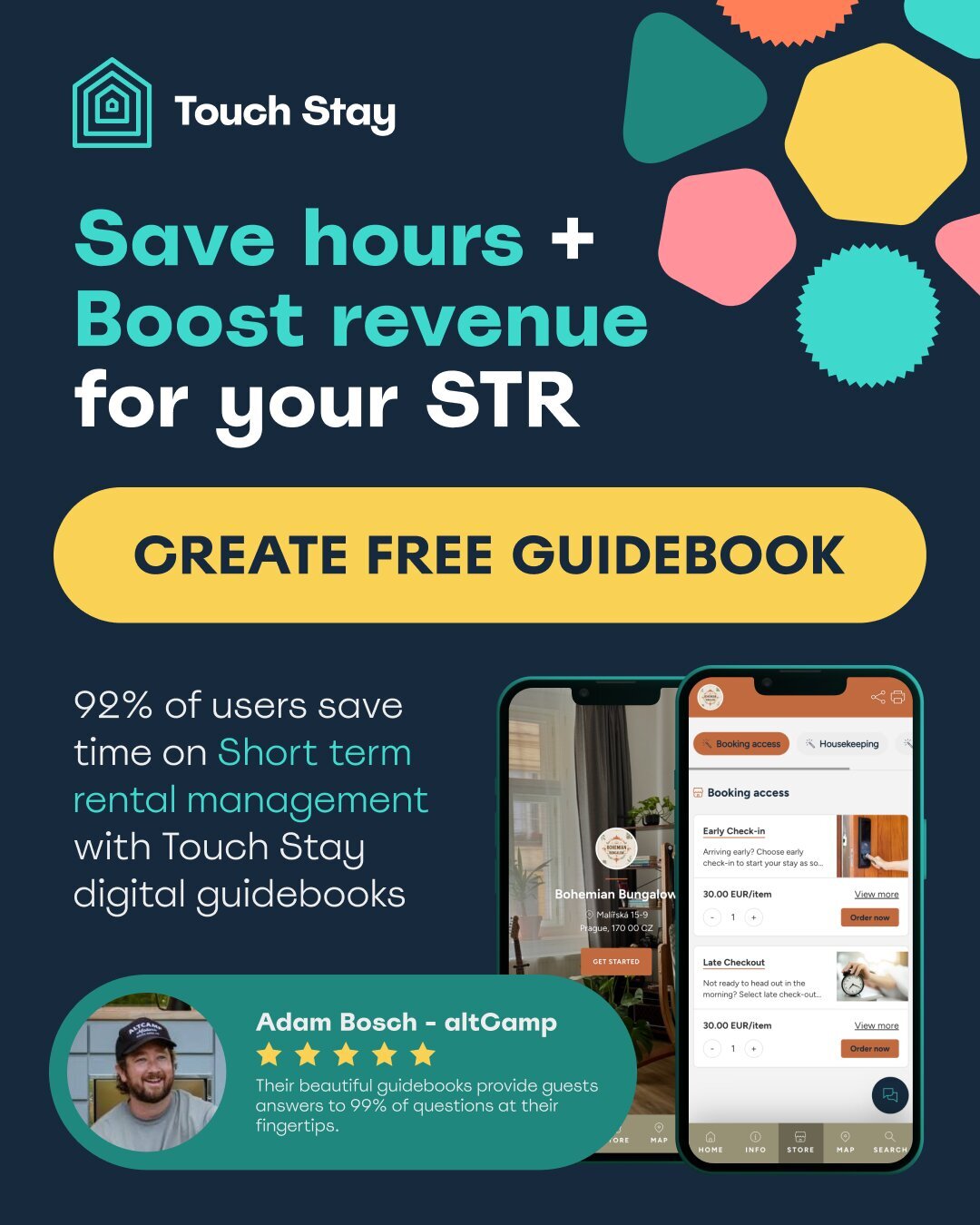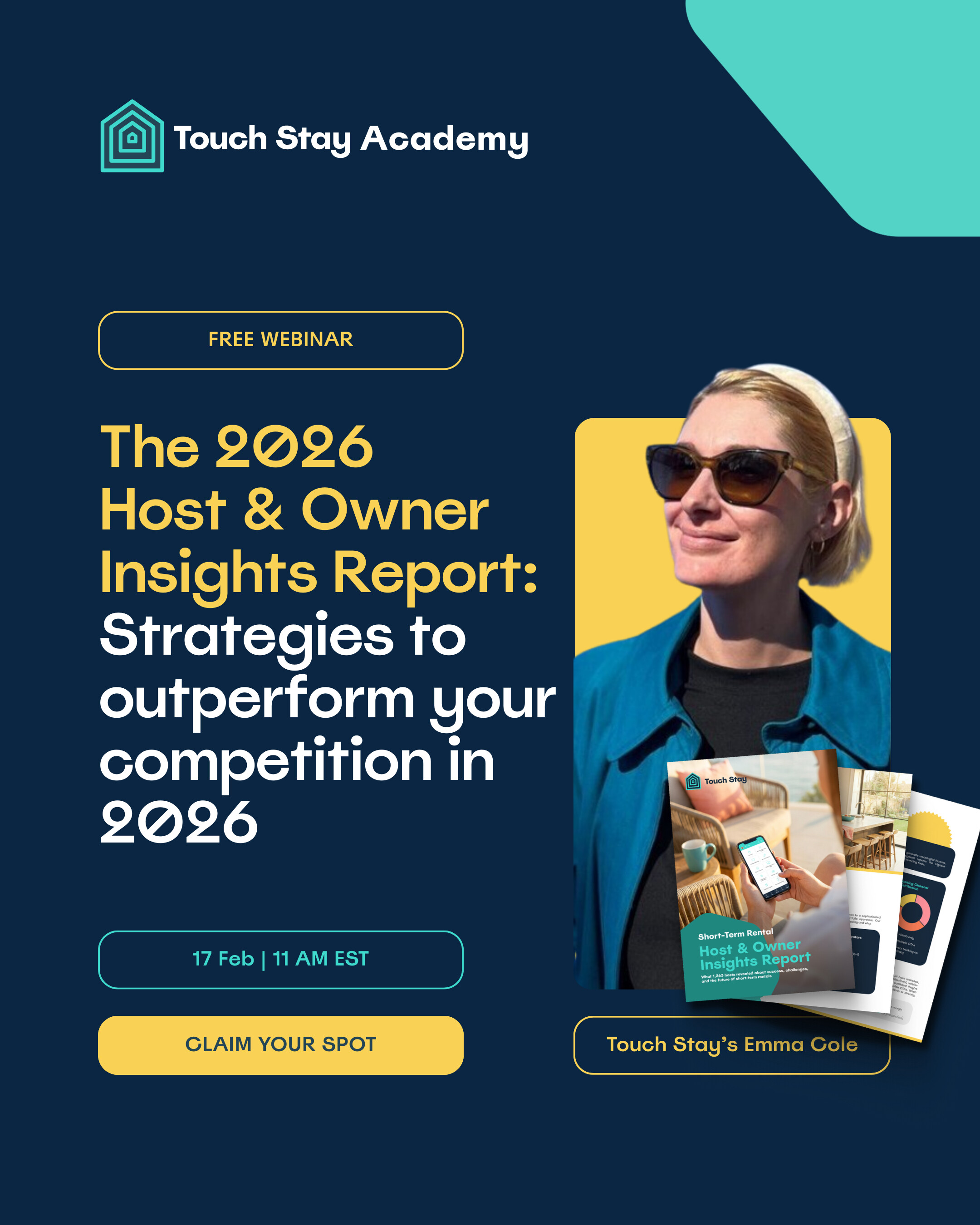In today's business landscape, event marketing has emerged as a powerful tool for engagement and growth. Whether you're launching a product, hosting a conference, or celebrating a milestone, the diversity of event marketing strategies caters to a wide range of objectives and event types.
In this article, we delve into the ins and outs of event marketing strategies, exploring innovative approaches tailored to drive success in promoting an event and achieving marketing goals.
Whether you're a seasoned marketer or new to the game, this guide uncovers the most effective event marketing strategies from pre-planning and promotion to on-site engagement tactics, guaranteed to elevate your events to a new level.
- What is event marketing?
- Event marketing strategies: pre-event planning
- Event marketing strategies: promotion, promotion, promotion
- Event marketing strategies: on-site engagement tactics
- Post-event follow-up and evaluation
What is event marketing?
Event marketing refers to any activity involved in the promotion of an event. An event marketing strategy is the way that these different activities come together and work in tandem to maximise the exposure and interest that an event gets.
Marketing an event involves leveraging various channels to maximise attendance and build excitement. This can be achieved through social media, email campaigns, and influencer partnerships to name a few, which we’ll delve into more later in this article.
Event marketing strategies: pre-event planning
From boosting brand awareness and generating leads to fostering customer engagement and improving brand loyalty, event marketing strategies encompass a wide array of goals. Pre-event planning strategies allow you to lay the groundwork for a successful event, and this groundwork will be used to inform the marketing approaches you utilise.
First up: research and target audience analysis. Understanding who you're trying to reach and what they're interested in is key to tailoring your event marketing strategy effectively.
To further enhance your email communication, using an email signature manager can help ensure that all outgoing event-related emails have consistent, professional branding. This adds a level of professionalism and reinforces your brand identity in every interaction.
Next, setting clear objectives and goals for the event is crucial. Whether it's boosting brand awareness, driving sales, or gathering leads, having a roadmap helps you to keep your event marketing strategy on track.
Throughout this process, it’s important to remember that it’s not about what you want or what you think looks good. What your audience wants and what aligns with your overall marketing strategy should be at the forefront of your mind.
Of course, none of this happens without budgeting and resource allocation. Figuring out how much you can spend and where to allocate those funds ensures you can bring your event marketing strategy to life without breaking the bank. So, before you dive into marketing an event, take the time to nail down these pre-event planning strategies.
Event marketing strategies: promotion, promotion, promotion
Promotional strategies are the heartbeat of any successful event marketing strategy. When promoting an event, there are a couple of core methods you can use to maximise visibility, engagement, and ultimately, event success.
Create an event website
Firstly, creating an event website serves as a primary touchpoint for attendees, hosting all key information such as event details, schedule, speakers, and registration. It's essentially the digital hub where potential attendees can learn everything they need to know about your event.
Use social media
Nowadays, social media is the best way to reach your target audience as you can guarantee at least a portion of them will be there, given there are 5.04 billion social media users worldwide, according to Statista. When promoting an event, utilising social media is crucial; it offers a vast reach and engagement potential, making it an ideal platform for spreading the word. There are a number of specific tactics you can leverage to amplify your event marketing strategies:
- Use relevant hashtags
- Host giveaways or competitions
- Enlist brand ambassadors
- Maintain consistency in posting
- Engage with your followers
Harness user-generated content
Harnessing user-generated content (UGC) can provide valuable social proof, showcasing real experiences and testimonials from guests’ experience of your event or, if it’s your first event, their alliance with your brand. Not only does this build credibility and trust, but it also creates a buzz and sense of anticipation which is what you need when promoting an event.
The bigger your social media presence, and the bigger ‘community’ of like-minded people and your target audience you create, the more users you can incentivise to share content related to your brand and event. You can prompt users to share their experiences through hashtags, giveaways, or dedicated campaigns.
Research suggests that UGC highly impacts purchasing decisions for 79% of people, and social media campaigns incorporating UGC get 50% more engagement, demonstrating how effective it is as an event marketing strategy.
Leverage influencers and industry partnerships
Another effective way to market an event on social media platforms is to leverage influencers and industry partnerships. Influencers are social media users with a dedicated and engaged following on social platforms who have the power to sway opinions and influence behaviours within their niche.
Collaborating with influencers whose interests and audience align with your event's theme can help you tap into their established networks and reach a broader audience, boosting awareness and credibility as well as driving sales. According to research, 63% of Gen Z and millennials say they trust influencers, highlighting the potential impact they could have on your event marketing strategy.
Similarly, forming partnerships with industry leaders or complementary businesses can enhance your event's visibility within your niche. These partnerships can take various forms, such as co-hosting events, cross-promotional campaigns, or sponsorships. By aligning with respected figures or brands in your industry, you can leverage their reputation, expertise, and audience trust to lend credibility and legitimacy to your event.
Create mixed-media content
Creating engaging content such as videos, blogs, or podcasts related to the event is also a powerful tactic when promoting an event on social media. These forms of content can offer valuable insights, previews, or behind-the-scenes glimpses into what attendees can expect, sparking interest and anticipation.
Videos, in particular, are highly engaging and have become increasingly popular on social media platforms, with algorithms often favouring video content in users' feeds. By incorporating videos, you can leverage this trend to increase visibility and engagement with your event content, which is a fundamental goal for most event marketing strategies.
Blogs and podcasts, on the other hand, offer opportunities for in-depth exploration of topics related to your event, allowing you to showcase your expertise, share valuable information, and establish your brand as a thought leader or authority within your industry.
Email marketing campaigns
Email marketing campaigns remain a firm favourite within event marketing strategies for generating excitement and anticipation leading up to an event. Sending personalised invitations, event updates, sneak peeks, and exclusive offers via email can keep your audience engaged and eager to attend.
Personalisation is key here, as it allows you to tailor your messages to each recipient's interests, preferences, and past interactions with your brand, increasing the likelihood of engagement and conversion. Research shows that 72% of the most effective email marketing campaigns include message personalisation. It also allows you to build and nurture relationships with your audience over time, beyond just promoting an event.
Utilising email marketing technology such as Mailchimp or GetResponse can streamline the process through their automation features and provide valuable analytics to track engagement and conversion rates. These allow you to create targeted campaigns and optimise your event marketing strategies for better results.
Digital advertising
In addition to social media and email marketing, digital advertising plays a crucial role in marketing an event. Methods such as digital event brochures can effectively convey event details, benefits, and highlights to potential attendees. These brochures can be distributed via email, social media, or online advertising channels, reaching a targeted audience and driving registrations.
At Touch Stay, we create digital guidebooks that can be very effective as an online event brochure. User-friendly and completely customisable with options to incorporate multimedia and interactive elements, they’re a great tool to include in your event marketing strategy.
Event marketing strategies: on-site engagement tactics
On-site engagement tactics are just as important to your event marketing strategy as planning and promoting. You need to keep attendees hooked and immersed throughout the event for it to be a success and help you achieve the goals of your event marketing strategy.
Interactive experiences
One way to achieve this is by designing interactive experiences that captivate and involve participants. From virtual reality demos to live polling and interactive displays, leveraging technology can take engagement to new heights.
Similarly, event networking can be enhanced by using smart tools like Uniqode’s business card, which lets attendees share contact details instantly via QR codes—eliminating the need for printed cards. Other tools such as lead capture apps, badge scanning systems, and branded NFC tags also help facilitate seamless information exchange and stronger connections on the spot.
Additionally, hosting workshops, demonstrations, or panel discussions provides valuable learning opportunities, facilitates networking, and fosters meaningful interactions among attendees.
Workshops offer hands-on experiences where participants can learn new skills directly from industry leaders. Demonstrations allow attendees to see products or services in action, providing a tangible and immersive way to learn. Lastly, panel discussions bring together diverse perspectives and expertise on a specific topic, encouraging conversation and debate.
Interviews
Collecting feedback and data during the event through surveys and interviews helps gauge audience satisfaction and gather insights for future improvements. Plus, capturing moments with photos and video not only creates lasting memories but also serves as valuable content for post-event marketing strategies.
Post-event follow-up and evaluation
After the curtains close, it's time to shift gears to post-event follow-up and evaluation; a crucial phase in any event marketing strategy. Sending personalised thank-you emails to attendees not only expresses gratitude but also reinforces positive connections forged during the event.
Analysing event metrics and measuring success against objectives provides valuable insights into the effectiveness of your event marketing strategies. By examining attendance numbers, engagement rates, and conversion metrics, you can assess what worked well and areas for improvement.
Gathering testimonials and feedback from attendees offers invaluable perspectives for when you’re marketing an event in the future. Whether it's praise for memorable experiences or constructive criticism for areas that need improving, these insights inform strategic adjustments for future events.
Integrating event data into overall marketing strategies ensures that the lessons learned and successes achieved are leveraged to optimise future marketing efforts and enhance the overall impact of your event marketing strategy.
Summary
As we wrap up our exploration of event marketing strategies, it's clear that success lies in strategic planning and execution. From pre-event preparation and promotion to on-site engagement and post-event evaluation, each phase plays a pivotal role in achieving event marketing objectives.
By harnessing the diverse array of event marketing strategies available, tailored to your specific goals and audience, you can unlock endless possibilities for brand growth and engagement. With a strategic mindset and a willingness to innovate, you'll be well-equipped to take your event marketing strategy to the next level.
At Touch Stay, our digital guidebooks can be used to create comprehensive and interactive online event brochures. Easily customisable and user-friendly, they’re a great place to display all key information about your upcoming event.
Start your free trial now to see how you can create an online event brochure that will change the way you develop your event marketing strategy.

Ned
Ned has clocked up over 11 years in digital marketing and comms, with a strong focus on creating engaging content for a range of brands and agencies. When he’s not writing, he can be found digging for records, peering through his telescope at the night sky, or onboard his local lifeboat where he volunteers as a crewmember.
Be the first to know!
Join our newsletter for early access to:
- ✅ Free guides
- ✅ Pro tips & tricks
- ✅ Time saving tutorials
- ✅ Latest blog posts
- ✅ Checklists & templates






















